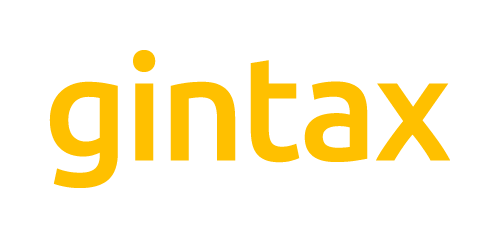Most employers are familiar with the €500 small benefit exemption but for this particular unusual year, there are two further ways of rewarding staff efficiently. An outline is below - with a word of caution on gifts to staff.
Small benefit exemption
It is useful to refresh on the “small benefit exemption” and the 2020 concession. This relief is one of the most simple on our tax books. An employee can receive one voucher or non cash benefit a year up to €500 tax free. The benefit cannot be convertible into cash and only one such award can be provided in a year. In 2020, this latter requirement has been relaxed for exceptional efforts by frontline and other key staff. However, the annual limit of €500 still applies to all awards.
Other 2020 benefits
For an employer, it is also worth considering two further options - which will provide value to employees efficiently.
1. Allowance for WFH expenses – It is generally more efficient for an employer to bear costs here than for staff to reclaim tax on their WFH expenses. For example, if an employee has been working full time at home since March then their employer can pay them a tax free allowance of around €500 (€3.20 per day). In contrast, an employee can make a tax refund claim for home expenses but the rules here are restrictive. Revenue examples shows refunds of around €20-€30 being available to employees on making a claim. Full details from Revenue on WFH expenses are here.
2. New concession – a new Revenue concession can result in a significant tax free benefit. By background, the first key employee wage subsidy scheme, the Temporary Wage Subsidy Scheme (TWSS), ran from March to June. To get cash into pockets fast, no payroll taxes were applicable to these payments. The receipts are still subject to Irish tax and Revenue will write to each employee in early 2021 detailing their tax liability here. The tax liability can be spread over four years interest free (via adjustment to payroll tax credits). Alternatively, an employer can agree to pay the tax for the employee. Revenue have now confirmed there will be no Benefit in Kind tax on this benefit. Given that the average employee tax bill here is estimated to be slightly over €1,000 with the higher bills around €2,800, the saving could be substantial. For the latter, the tax cost in order to receive an equivalent cash payment could be around €3,000. A caveat – no tax deduction will be available to the employer for their cost here. Furthermore, the payment must be made before end June 2021 “to avoid any abuse of this arrangement”. Full details of the concession are available here
Other comments
Christmas hampers & parties– there has been a long standing Revenue practice that seasonal parties will not attract a taxable Benefit in Kind – as long the expenses are reasonable and available to all employees. To date, this practice has not been extended to the provision of virtual party/gift hampers to staff. There has been industry submissions here, but no formal commentary or concession has issued by Revenue. Of course, a single hamper can be exempt as a “small benefit” but in the past, employers tended to opt for a voucher as the annual tax free award. New guidance from Revenue would be very welcome here and would give businesses clarity.
Update 7 December 2020 - Revenue have confirmed that a BIK will not arise where an employer incurs reasonable costs in hosting a virtual seasonal party for their employees. Reasonable costs include costs typically incurred in hosting a face-to-face event. This includes the cost of delivering or providing food and drink to employees in advance of or during the event.
Other rewards
The above is an update on key recent developments and the usual suite of tax efficient benefits (such as employer pension contributions) are still available too. A common one in recent years has been extra holiday days over Christmas for salaried individuals –simple and much needed at the end of this year!
Article published on 3 December 2020
Usual caveats apply - and probably worthwhile to highlight that Ireland has Salary sacrifice rules. These can apply where an employee agrees with the employer to take a cut in pay and in return the employer provides a benefit of a corresponding amount to the employee. Under these rules, this benefit would then be taxable in the normal way – albeit with some carve outs.



